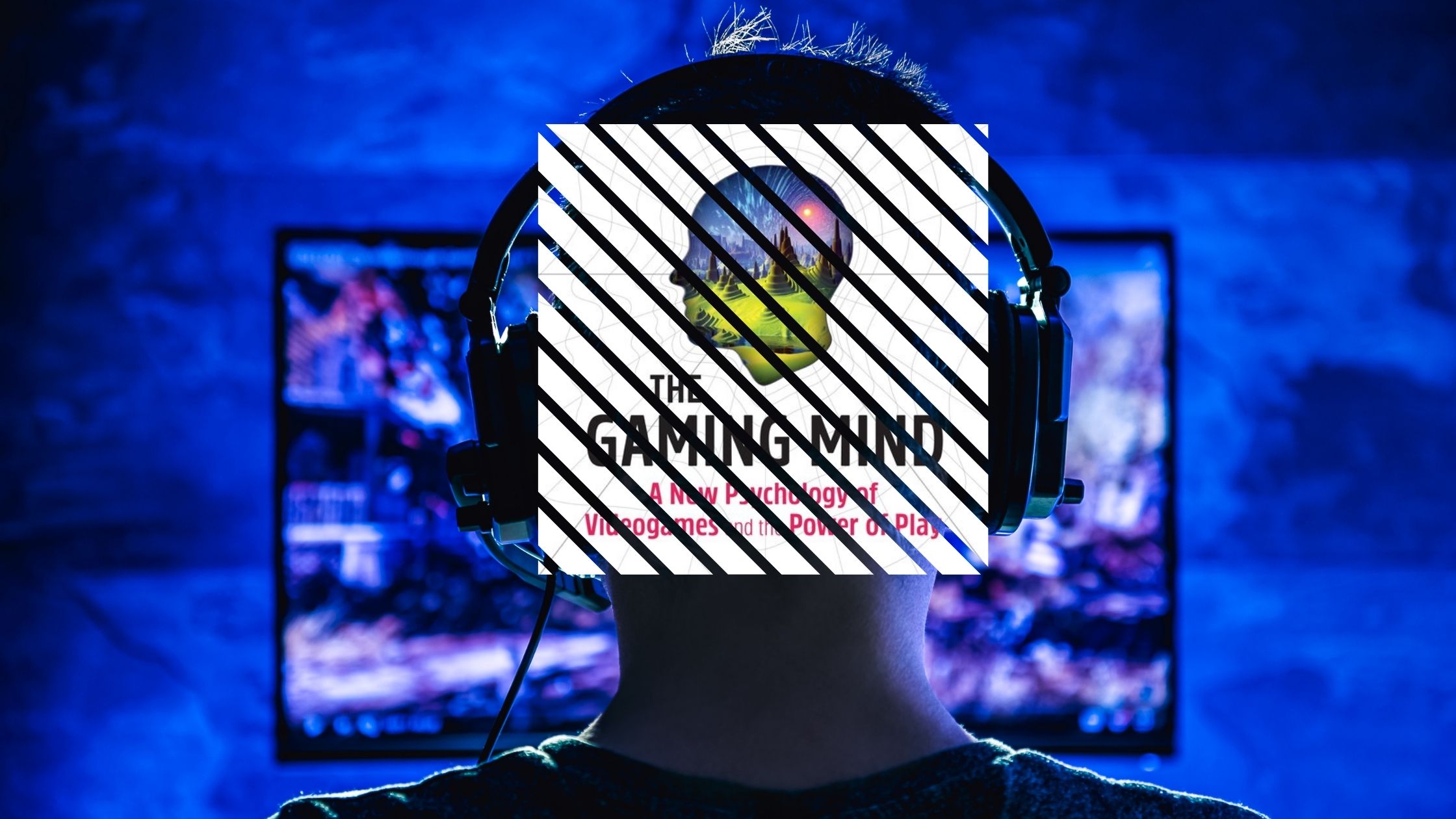Identity, Space and Time: Acknowledging Social Injustices in Psychotherapy
A contextual approach to psychology acknowledges the struggles people face within the social environment. From this perspective, an individual is not only influenced by internal forces, thoughts, or feelings. Instead, a person responds to his or her social environment. Social norms and beliefs determine how a person can act in any given situation. This means that a person’s roots influence the routes they can take and the opportunities open to them. Social marginalization can result in mental health challenges. Without recognizing social injustice, an individual may be blamed for their own struggles and forced to adjust. Why is it important to acknowledge social context? Some aspects of identity can lead to people feeling disempowered. This can be due to racial identity, disability, gendered identity, national identity, deaf identity, sexualities, class, health and illness. Sometimes, aspects of identity may combine to create layers of struggle. Chimamanda Ngozi Adichie shares the complexities of raced identity in Americanah: “The only reason you say that race was not an issue is because you wish it was not. We all …










